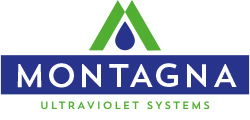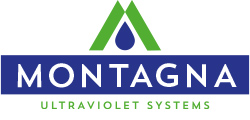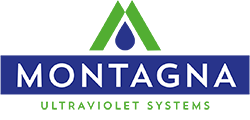WASTEWATER
Safe and effective treatment of municipal and industrial wastewater as an alternative to chemical disinfection
Cities are expanding and becoming increasingly large and populated. Ensuring an effective waste water treatment and recovery system is a complex issue that requires attention.
Protecting human welfare and the environment is an important issue for us all.
Waste water has a strong environmental impact, as it is full of pathogens potentially harmful to human health (e.g. E.coli, Salmonella, Shigella, Vibrio, Cryptosporidium, Giardia, Enterovirus, Hepatitis, etc…). For this reason it is fundamental to ensure an efficient purification process, and eliminate contaminating agents before discharging them in nature.
It is worth noting that the growing scarcity of water resources in many parts of the world leads to the creation of waste water recycling systems for irrigation or industrial use.
ADVANTAGES
- Safe and efficient disinfection, even for high flow
- Modularity: it is possible to add or remove modules on the basis of the flow rates to be treated
- Plant flexibility: the UV station can be an open channel or closed-vessel with diagonal, horizontal or vertical lamps depending on the type of application required
- Managerial flexibility: to limit energy consumption, if properly designed the UV station can be disabled or modulated
- Installation on existing structures and customised constructions
APPLICATION
The effectiveness, the safety and the optimisation of the cost / benefit ratio increasingly encourages local operators and associations to adopt UV technology for waste water treatment. In the last 20 years, the development of technology has led to the extensive use of UV technology by a growing number of employees.
Waste water in an open channel or closed-vessel is irradiated by ultraviolet light that instantaneously disables pathogens and microorganisms. UV technology is eco-friendly and prevents the addition of chemical disinfectants in waste water, maintaining an equilibrium in the ecosystem near discharge points.
Some organisms have also developed resistance to the action of chemical agents (e.g. chlorine); UV is not subject to this type of interference, as it directly attacks DNA.
Appropriately sizing the UV disinfection station and taking the required technical precautions in terms of the equipment are fundamental to ensuring the disinfection process. Our Technical Office assesses dimensioning in 360°, on the basis of the flow rate and the characteristics of the waters and microbial and bacterial content, and studies solutions for the existing infrastructures without the need for big structural changes


